HIDDEN FEES IN EVERY NIGERIAN REAL ESTATE TRANSACTION: WHAT YOU NEED TO KNOW
bykoladejedidiah@gmail.com
inUncategorized
onJune 1, 2025
When it comes to buying or selling property in Nigeria, many
people focus solely on the cost of the property itself. However, there is often
more to the transaction than meets the eye. Hidden fees can quickly pile up,
turning what seemed like a straightforward investment into a financial strain.
If you are planning to venture into the Nigerian real estate market, it is
crucial to understand these extra costs so you can make fully informed
decisions and avoid unwelcome surprises.
Let us break down the most common hidden fees in Nigerian
real estate transactions.
1. Agency Fee
One of the most common hidden fees in property transactions
is the agency fee. In Nigeria, real estate agents typically charge a fee for
helping you find or sell a property. The standard rate is usually five to ten
percent of the property price. While some agents mention this upfront, others
only bring it up after a deal has been finalized. Always clarify agency charges
early in your negotiations to avoid confusion.
2. Legal Fee
You will need a lawyer to handle the verification of
property documents and the drafting of the deed of assignment or lease
agreement. Legal fees typically range from five to ten percent of the property
value. Some lawyers may also charge consultation or processing fees separately,
so ensure you have a clear agreement on the total legal cost from the
beginning.
3. Survey Plan Fee
Especially in land transactions, the buyer is often
responsible for preparing a new survey plan. This document officially outlines
the boundaries and measurements of the property. Surveying costs can vary based
on the location and size of the land, but generally fall between two hundred
thousand to five hundred thousand naira or more.
4. Governor’s Consent Fee
In Lagos State and other parts of Nigeria, obtaining the
Governor’s Consent is a legal requirement when transferring property ownership.
This is an essential process that gives the government recognition of your
ownership. However, it comes with significant fees that can amount to up to six
percent of the property’s assessed value.
5. Registration Fee
After purchasing property, you are expected to register the
title with the state government. Registration fees differ from state to state
but can add another three to five percent of the property value to your total
expenses. Skipping this step puts your ownership at risk, so it is a necessary
but often overlooked cost.
6. Development Levy and Infrastructure Fee
For properties in new estates or developing areas,
developers often require buyers to pay a development levy. This fee is meant to
cover the cost of building infrastructure like roads, drainage systems,
electricity, and water supply. It can range from a few hundred thousand to
several million naira, depending on the scale of the development.
7. Service Charge
For buyers purchasing properties in serviced estates, a
service charge is usually applicable. This covers the maintenance of communal
areas, security, waste management, and sometimes electricity and water supply.
Service charges can be billed monthly, quarterly, or yearly and are often a
significant additional cost.
8. Agency Commission for Property Inspection
In some cases, agents demand a token or commission just for
taking prospective buyers on property inspections. Though it is not standard
practice everywhere, it is becoming increasingly common in certain markets. Be
sure to ask if the inspection comes with a fee before setting up appointments.
9. Documentation and Administrative Fees
Apart from legal and registration costs, developers and
property companies may impose documentation and administrative fees. These
cover the preparation of sales agreements, allocation letters, and other
internal processing. Though often small compared to the property cost, they can
still run into hundreds of thousands of naira.
10. Miscellaneous Costs
There are several smaller fees that buyers might encounter
depending on the specific transaction. These could include community
development fees, security levies, ‘Omo-Onile’ fees (especially for land in rural
or semi-urban areas), and courier fees for document delivery.
How to Protect Yourself from Hidden Fees
Navigating hidden costs in real estate transactions can be
overwhelming. However, with careful planning, you can minimize their impact.
Here are a few tips:
- Ask
for a comprehensive breakdown of all charges upfront before committing
to any transaction.
- Work
with reputable agents and legal practitioners who are transparent
about their fees.
- Budget
an extra ten to fifteen percent of the property price to cover hidden
costs.
- Insist
on written agreements that list all fees and who is
responsible for paying them.
- Verify all land documents and check if any outstanding government charges exist.
Hidden fees are a reality in almost every Nigerian real
estate transaction. Being aware of these charges helps you plan better, avoid
unexpected expenses, and ultimately enjoy a smoother property buying or selling
experience. At BCH Properties, we believe in full transparency. We guide our
clients every step of the way, ensuring there are no unpleasant surprises.
Ready to make a smart and stress-free real estate move?
Reach out to us today and let us help you navigate the Nigerian property market
with confidence.
Related Posts
Please select a module
Please select a module
Please select a module

